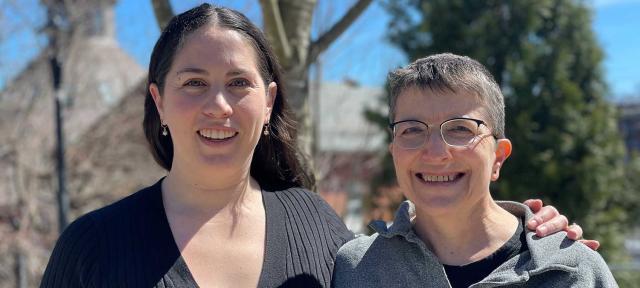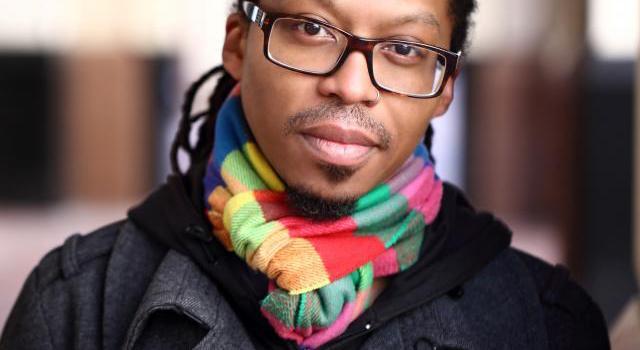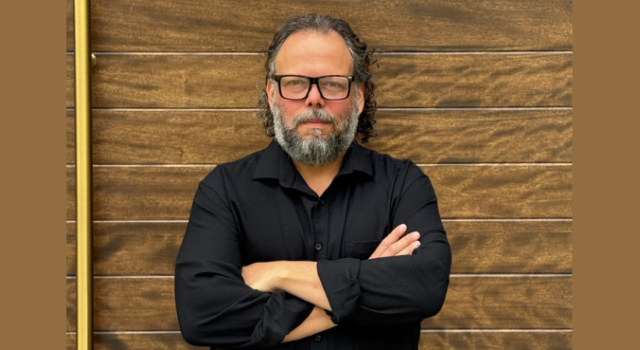Professor Rachel Conrad and Alum Casey Zella Andrews 08F Coauthor Paper on Collaborative Learning in Poetry Education

Their findings challenge the merit of traditionally individualistic and hierarchical classroom environments and suggest that fostering opportunities for students to partner with each other significantly enriches their learning experiences.
Hampshire College Professor of Childhood Studies Rachel Conrad and alum Casey Zella Andrews 08F coauthored the essay “Collaborative Agency and Relationality in a High School/College Poetry Partnership,” which outlines their findings from a years-long project. Their work was published in Childhood: A Journal of Global Child Research in 2023.
Conrad teaches courses on critical childhood and youth studies, 20th- and 21st-century poetry of childhood, and youth-authored texts; Andrews, a poet, teaches English in the Watertown (Mass.) Public School system. The two met when Andrews took one of Conrad’s courses at Hampshire and their work is rooted in interdisciplinary insights, weaving their interests and expertise in social studies of childhood, developmental psychology, educational studies, critical literacy studies, and literary studies.
“Our project spanned three successive years of two-month collaborations between students in a high school senior English language arts class and students in a college class on poetry and childhood studies,” they write in the essay. “While substantially different in content, the high school and college course shared an interest in supporting students’ direct engagement in the creative writing process, with minimal adult intervention.”
Participants in the project were generally 17–20 years old. The class with the younger students, learning in a high-poverty urban school, had as its theme authorship and critical theory within a framework of strict government standards, whereas the college course offered a more open exploration of societal views on youth, authorship, and literary privilege, encouraging students to think about their roles as readers, writers, and community partners.
Central to Conrad and Andrews’s research was supporting collaboration and community within the context of poetry, an art form that is often characterized as a personal enterprise. One vehicle they utilized was “response poems” — a practice of private poetic conversations and creative exchanges within a structured partnership between participants of both classes.
“We . . . made it clear that while as teacher-facilitators we would ask participants to engage with the process of creating poems, we would be guided by their desire for the products of their creative process — the poems themselves — to remain in the shared creative space between the poem partners,” they write. “The collaborative agency pursued through this project provides an alternative to traditional pedagogical methods that center authoritative adult decision-making and the products, rather than experiences, of learning.”
True to the project’s mission, Andrews and Conrad prompted participants to design and conduct a post-project survey to help them understand its impact. Through democratic brainstorming, they asked such questions as: What was it like sharing your work with someone you don’t know or doesn’t know your experience? Did that have some impact or effect on how you wrote or your writing itself? How much does poetry influence you in your day-to-day life? Did this experience change or alter that at all?
In their responses, students reported feeling a sense of connection with their partners and a greater understanding of themselves as writers and of the process of writing poetry.



